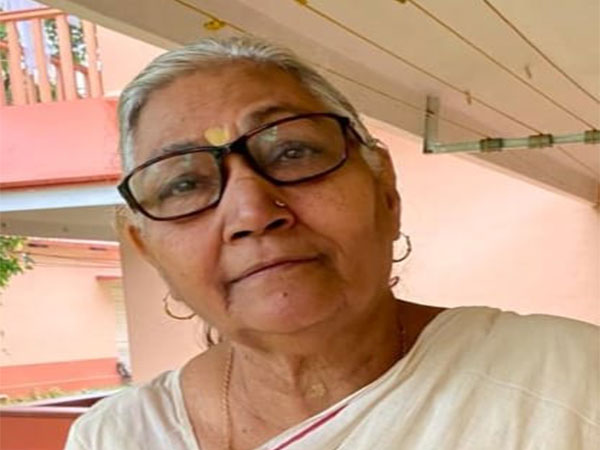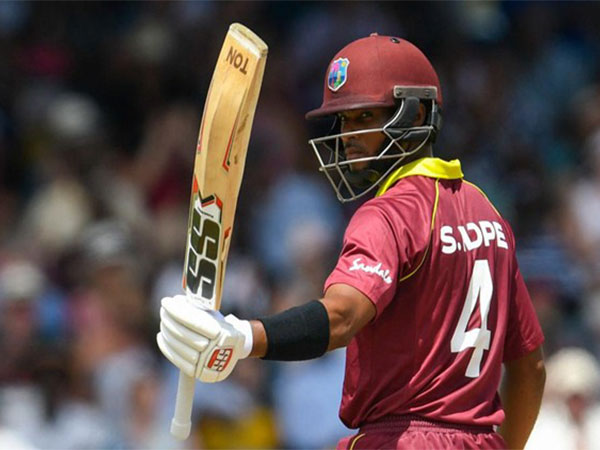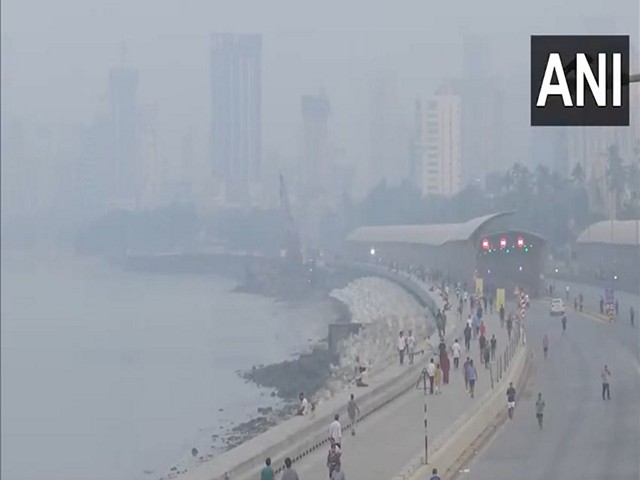By Shalini Bhardwaj
New Delhi [India], August 17 (ANI): On the morning of August 15, 72-year-old Kavita Rajkumar Goel, was found unconscious in her house. Her family immediately rushed her to HCMCT Manipal Hospital, Dwarka where Kavita was resuscitated and placed on the ventilator. An urgent CT scan of the head revealed a massive brain haemorrhage. Despite the best efforts of the medical team, her condition deteriorated rapidly and she was declared brain dead.
The family was counselled for organ donation and post their approval, both the kidneys, corneas, and skin were donated. Heart and lungs could not be donated given her age and the liver was medically unsuitable for transplantation. Her kidneys were allocated by NOTTO (National Organ and Tissue Transplant Organization).
One kidney was transplanted into a 52-year-old woman at HCMCT Manipal Hospital Dwarka, while the other kidney was transplanted in a 63-year-old man at Artemis Hospital.
Goel’s corneas and skin were also donated, offering hope and healing to multiple recipients.
Dr. Shrikanth Srinivasan, Chairman, Manipal Institute of Critical Care Medicine, HCMCT Manipal Hospital, Dwarka said, “After stabilization of her condition an urgent CT scan was done which revealed that she has suffered from a massive brain haemorrhage. Despite intensive treatment under the care of Neurosurgery and Critical Care teams, she could not recover and was declared brain dead on August 16 at 10:10 pm.”
Dr (Col) Avnish Seth VSM, Chairman, Manipal Institute of Gastroenterology & Hepato-Biliary-Pancreatic Sciences, HCMCT Manipal Hospital, Dwarka and Head Manipal Organ Sharing & Transplant said, “The team worked closely with the patient’s family, providing them with the required information and support so that they could make an informed decision. The family was very keen to donate all her organs. However, based on the age and fitness of organs, only kidneys could be retrieved. Corneas and skin were also retrieved by eye and skin banks.”
Viji Varghese, Director, HCMCT Manipal Hospital, Dwarka said, “The family’s decision to donate organs made a difference in the lives of others. The legacy of the donor will live on through the lives she has saved. Donating one’s organs is a gift of life, it is an opportunity to give someone else a second chance in life. We strongly encourage everyone to think about organ donation and to register as an organ donor. We can save lives if we work together.”
There is a wide gap between patients who need transplants and the organs that are available in India. 1.8 lakh people suffer from kidney failure every year, however, only 13,426 kidney transplants are done in 2023. An estimated 25,000 to 30,000 liver transplants are needed annually in India but only 4491 were performed in 2023. Similarly, of several thousand who suffer from heart failure, only 221 got a heart transplant. In the case of Corneas, about 25,000 transplants are done every year against a requirement of 1 lakh.
The noble act of organ donation highlights the pressing need for organ donations in India, as there is a significant disparity between patients awaiting transplants and the availability of organs. Increasing awareness and participation in organ donation can bridge this gap and offer hope to countless lives in need. (ANI)
Disclaimer: This story is auto-generated from a syndicated feed of ANI; only the image & headline may have been reworked by News Services Division of World News Network Inc Ltd and Palghar News and Pune News and World News
HINDI, MARATHI, GUJARATI, TAMIL, TELUGU, BENGALI, KANNADA, ORIYA, PUNJABI, URDU, MALAYALAM
For more details and packages

















